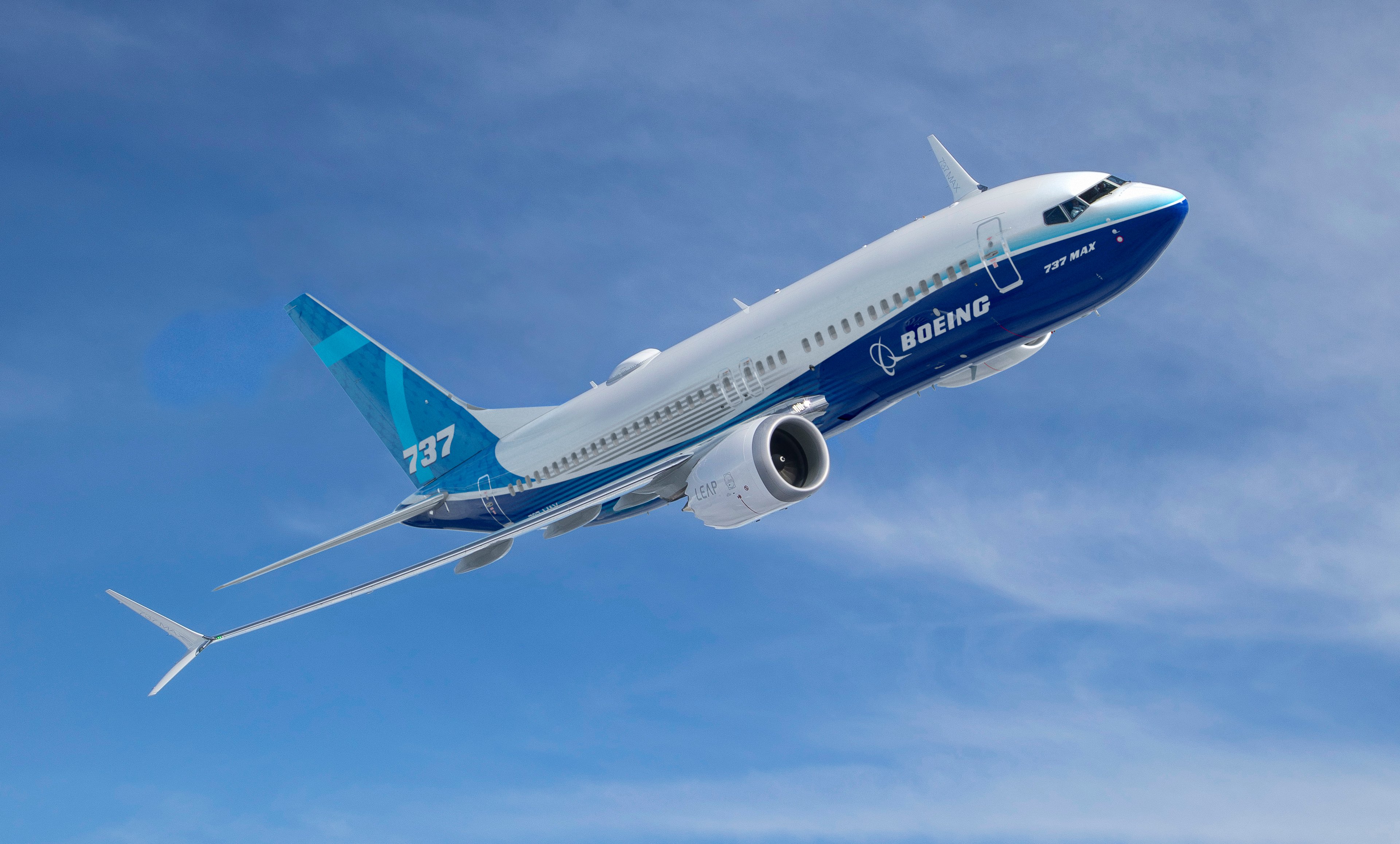REP. Mike Rogers, CHAIRING THE U.S. HOUSE ARMED SERVICES COMMITTEE, SUBCOMMITTEE ON STRATEGIC FORCES HEARING in March, explaining why the U.S. needs price competition on satellite launches. But now we won't get it. IMAGE source: YOUTUBE STILL.
Turns out Tory Bruno wasn't just whistling Dixie.
At a hearing before the U.S. House Armed Services Committee in March, United Launch Alliance CEO Salvatore "Tory" Bruno issued an ultimatum: Congress must either lift its ban on the purchase of new RD-180 Russian rocket motors for use in America's space program or resign itself to letting one single space provider dictate prices to the government on all future satellite launches.
Turns out, it's going to be Door No. 2.
A bit of history
Mind you, this is a situation that Congress has endured for years. Historically, Bruno's own company, ULA, a joint venture between Boeing (BA +0.52%) and Lockheed Martin (LMT +1.26%), was the only entity certified to send America's most sensitive military satellites into space. As such, ULA could basically name its own price for conducting those missions.
Congress got a chance to fix that when, earlier this year, first NASA then the U.S. Air Force certified ULA rival SpaceX to launch these same kinds of payloads into orbit. But no sooner had Congress introduced price competition into the market than it made such competition impossible.
In October, the Pentagon refused a ULA request to waive its ban on Russian RD-180 rocket motors. One month later, ULA confirmed in November that because of this ban, ULA was unable to bid on the Pentagon's new "GPS III Launch Services" contract.
ULA's Lockheed Martin-built Atlas V rocket, you see, could conceivably have been used in a bid on GPS III. But Atlas relies on RD-180 motors to power it into space. ULA's other big rocket, the Boeing-built Delta IV, doesn't use RD-180s, but it costs too much to use on GPS III.

The Air Force's new GPS III satellite. Lockheed will get to build it -- they just won't get to launch it. Image source: Lockheed Martin.
What it means to ULA
As a result, ULA has declared itself effectively shut out of the military satellite launch market -- a "multiyear" exile that will last until either (a) Congress lifts the RD-180 ban, or (b) ULA succeeds in developing a new rocket to replace RD-180.
With option A looking increasingly unlikely, ULA is now hard at work on option B. In September, the company announced plans to move ahead with production of its first choice to replace the Russian rocket motor, Blue Origin's BE-4 methane-and-liquid-oxygen-fueled engine. If all goes well, BE-4 could be ready to "qualify" for flight as early as 2017. Years of tests will still be needed after that, so best case, it looks like ULA will cede the military satellite market to SpaceX until at least 2019.
And that's if everything goes right. If BE-4 turns out to be a dud, ULA must turn to its second choice, the AR1 rocket currently under development by Aerojet Rocketdyne. That one's more than a year behind BE-4 in development, though. Choosing AR1, therefore, could keep ULA out of this important market through 2020.
What it means to SpaceX
Meanwhile, as ULA sits on the bench, SpaceX will be making out like a bandit -- and making major bank as it wins contract after contract, uncontested.
How much could SpaceX earn while ULA cools its heels? The U.S. Government Accountability Office estimates the value of U.S. military satellite work at roughly $70 billion over the next 15 years. Unless something significant changes, and changes soon, SpaceX should be able to claim one-third of that loot for itself, unopposed -- and then proceed to bid competitively on the final two-thirds. So how much could SpaceX win for itself, ultimately?
It all depends on how altruistic Elon Musk is feeling, and whether he chooses to take as full advantage of his newfound space launch monopoly as ULA did when ULA was top of the heap. But billions for sure -- and tens or twenties of billions are not at all out of the question.
In short, the future is looking very bright indeed for SpaceX. I only wish we could own it.

SpaceX's future's so bright, it's gotta wear shades -- even at night! Image source: SpaceX.








